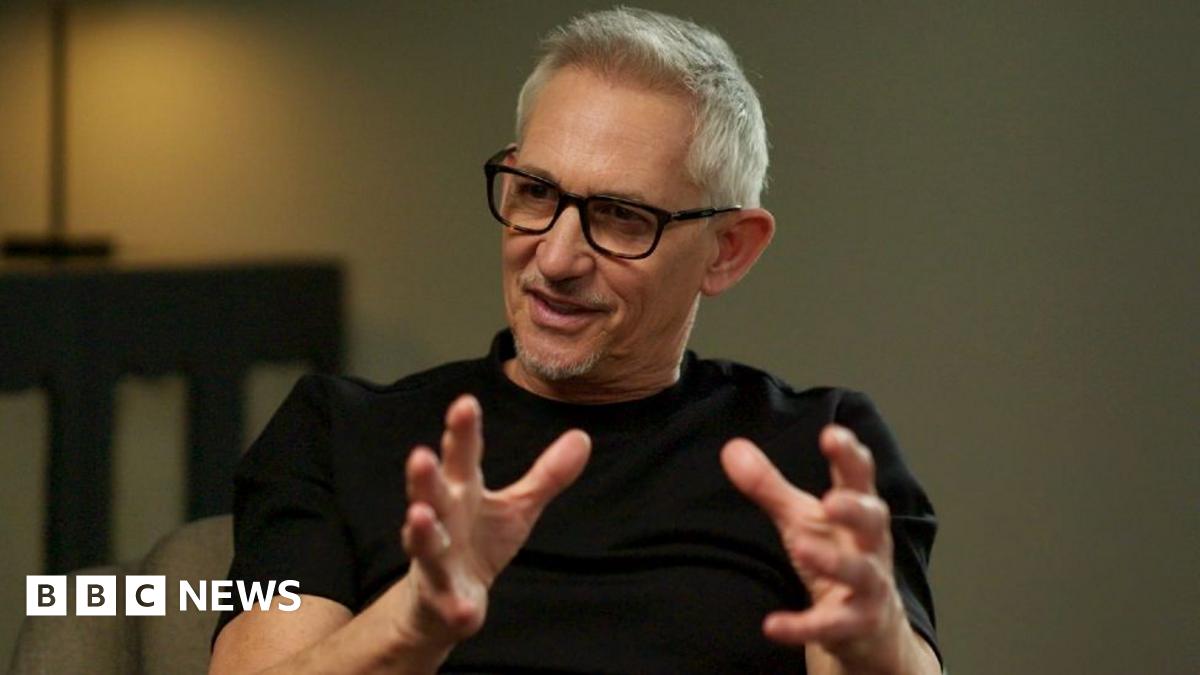Lineker's Match of the Day Departure: BBC's Perspective – A Controversial Stand and its Fallout
Gary Lineker's temporary suspension from his presenting role on BBC's Match of the Day sparked a significant media storm, raising crucial questions about impartiality, freedom of speech, and the role of public broadcasting. This article delves into the BBC's perspective on the events, analyzing their official statements and the wider context of the controversy.
The Initial Spark: Lineker's Tweet and the Subsequent Backlash
The controversy ignited with Lineker's tweet criticizing the UK government's new asylum policy. While the tweet itself didn't explicitly mention the BBC, its strong stance against the government's policies clashed with the BBC's guidelines on impartiality, leading to his temporary removal from the Match of the Day presenting role.
The BBC's Response: Navigating a Difficult Situation
The BBC's response has been met with mixed reactions. Their official statements emphasized their commitment to upholding impartiality and their internal guidelines. Key points from their perspective include:
- Maintaining Impartiality: The BBC repeatedly stressed the importance of maintaining impartiality across all its programming. They stated that Lineker's tweet violated their guidelines regarding expressing political opinions.
- Protecting Editorial Independence: The BBC also highlighted its commitment to editorial independence, arguing that the decision to suspend Lineker was taken to safeguard the integrity of its sports coverage.
- Internal Review: The BBC announced an internal review of their social media guidelines, suggesting a willingness to address the issues raised by the controversy. This review aims to clarify expectations and provide better guidance to presenters and on-air talent.
- Negotiations and Resolution: The BBC engaged in negotiations with Lineker to find a way forward. The eventual return of Lineker to his presenting role implied a compromise, albeit one which generated further discussion and debate about the effectiveness of the BBC's handling of the situation.
Analyzing the Wider Implications: Freedom of Speech vs. Impartiality
The Lineker controversy highlights the complex relationship between freedom of speech and the responsibility of public broadcasters to maintain impartiality. Critics argued that the BBC's actions amounted to censorship, hindering freedom of expression. Others defended the BBC's stance, arguing that it’s vital for a public broadcaster to maintain its neutrality to retain public trust.
The Impact on the BBC's Reputation and the Future of its Sports Coverage
The controversy undoubtedly impacted the BBC's reputation, causing considerable reputational damage and sparking discussions about its future direction. The walkouts by pundits in solidarity with Lineker, and the resulting disruption to Match of the Day, highlighted the depth of feeling surrounding this issue. The long-term impact on the BBC's sports coverage remains to be seen, but it will likely necessitate a reassessment of its approach to social media and political commentary by on-air personalities.
Conclusion: A Complex and Ongoing Debate
The Lineker situation is far from resolved. It's a complex case study in the delicate balance between freedom of expression and maintaining the impartiality of a public broadcaster. The BBC's perspective, while emphasizing their commitment to impartiality and internal guidelines, has come under significant scrutiny. The ongoing debate surrounding this event will likely shape the future of public broadcasting and the role of presenters expressing their political views. Further analysis and discussion are required to understand the lasting impact of this pivotal moment in British media.
Keywords: Gary Lineker, Match of the Day, BBC, impartiality, freedom of speech, public broadcasting, social media, controversy, asylum policy, UK government, editorial independence, internal review, sports coverage.

